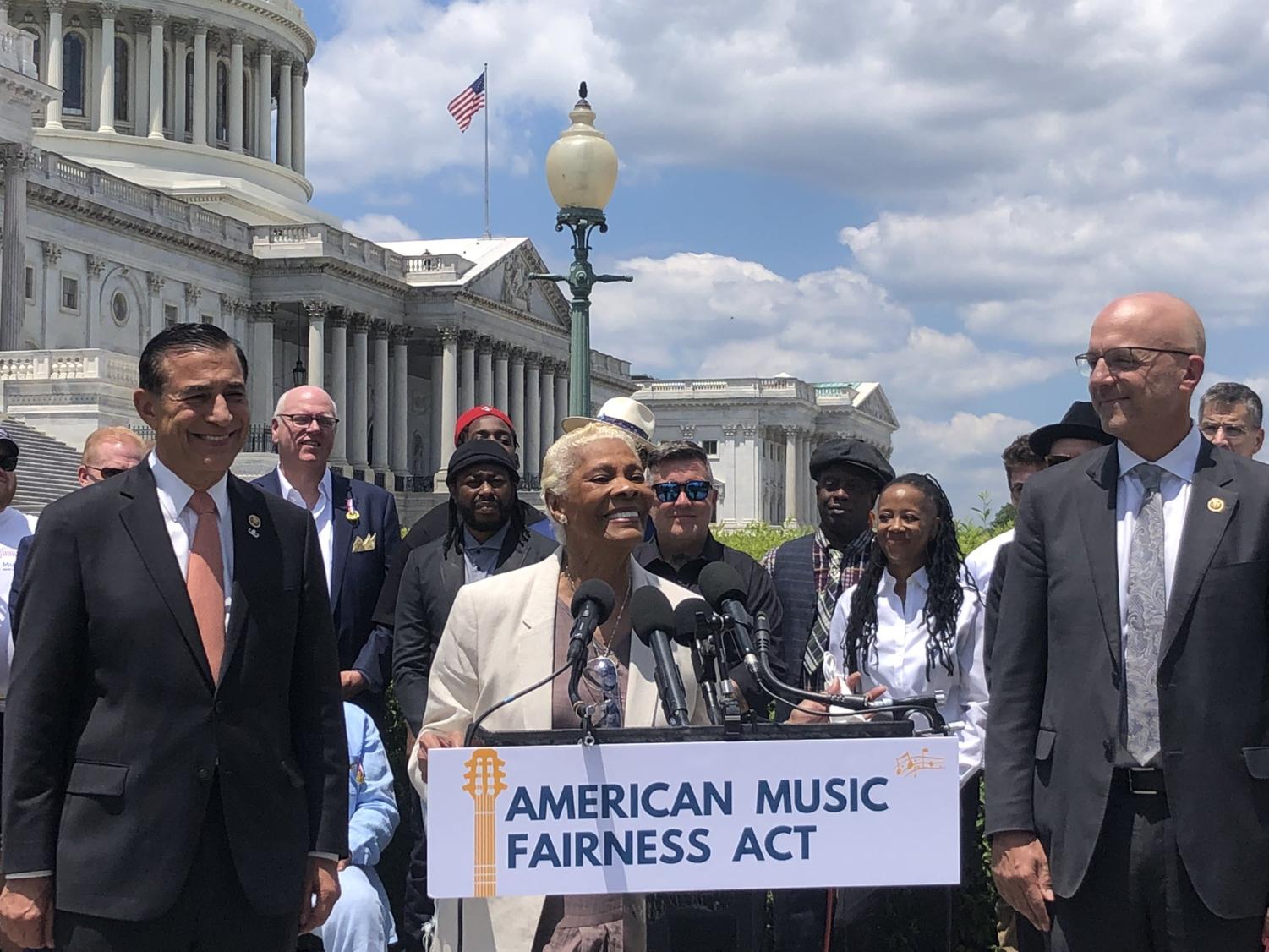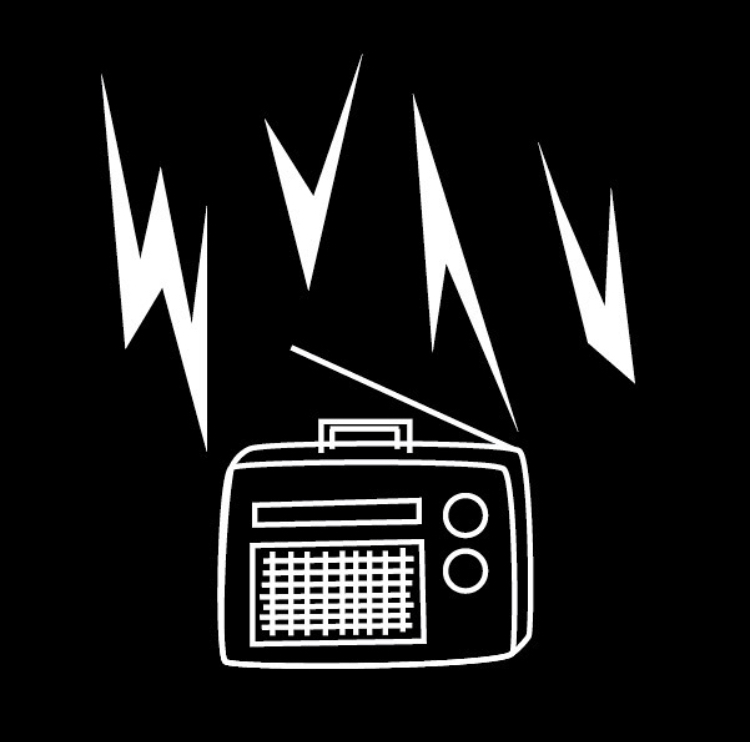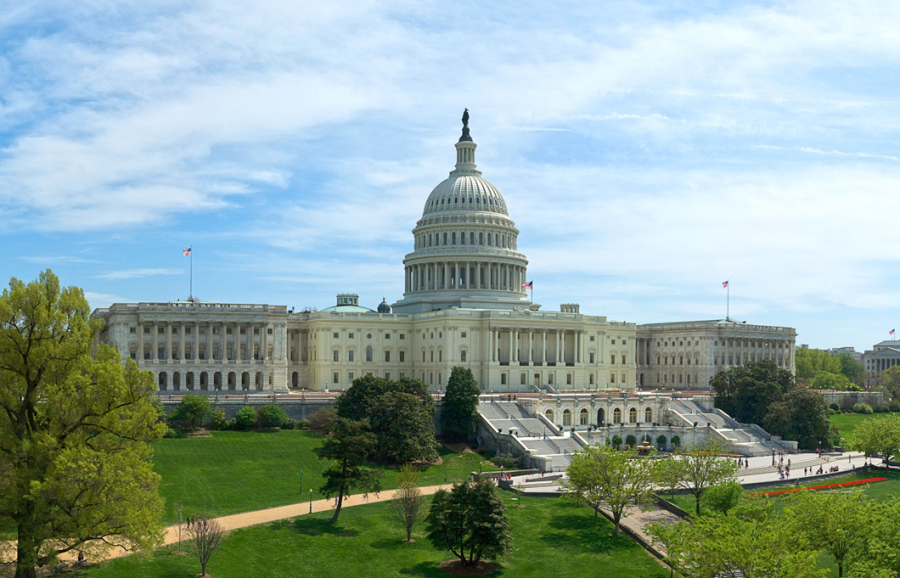via insideradio
The American Music Fairness Act: What is it, and why does it Matter?
April 17, 2023
Today there are two distinct copyrights within each song— one for the sound recording, and one for the underlying composition. But this wasn’t always the case.
Until 1972, there was no federal copyright protection for sound recordings. Before then, artists had to rely on various state laws to protect their works. Even though recordings have since received this protection, far too many individuals still seem to share a belief, whether implicit or explicit, that sound recordings are inferior to their underlying composition. I’d guess that this is because the original author of a musical work is tasked with creating its melody, lyrics, structure, etc. To some, all the performer has to do is sing the song.
Most music industry professionals disagree. Lots of celebrated artists don’t write all their own material, but audiences lap up the newest Harry Styles song as if it were water in the desert. Those people aren’t listening to “Watermelon Sugar” because of who wrote it (though Styles was a co-writer), they’re listening because of who is singing! The importance of sound recordings as a tool for elevating the caliber of a song, as well as for drawing listeners cannot be overstated.
Despite the immense power that artists wield, their craft has long been exploited by an industry that made over $10.1 billion in 2021, and that’s taking into account that this same industry is considered to be “dying.” Can you guess what it is?
It’s radio.
Now, if you’re unfamiliar with how radio takes advantage of musical artists, let me illustrate how:
Say a man named John writes a piece of music but decides not to record it, instead asking his friend Jane who is a singer to record the song. Jane, who has a killer voice, records the song and releases it. The song quickly becomes a #1 hit on all the pop charts, with radio stations rushing to play the song for their listeners. For satellite radio like SiriusXM, or internet radio like Pandora Radio, both John and Jane are paid a royalty every time the song is played. For terrestrial radio stations like 102.7 KIIS-FM, John as the songwriter gets paid every time the song is played, but Jane gets nothing.
Terrestrial radio (AM/FM), meaning those stations whose waves are broadcast on land as opposed to another method like from a satellite, have never paid artists when their songs are played on air. These broadcasters use copyrighted music as a hook to attract listeners and then profit off the ad revenue they insert into their programming, all without paying artists. For years, there has been a call from those within the music industry to fix this blatant injustice and provide artists with the compensation they deserve.
In response, U.S representatives introduced the American Music Fairness Act (AMFA) in June of 2021, a bipartisan bill that would require terrestrial broadcasters to compensate artists when their songs are played over the air. The AMFA primarily targets the multi-billion dollar media companies who have profited enormously from the work of musical artists. It protects college radio stations by limiting their payments to $100 per year, as well as the payment of stations with less than $1.5 million in annual revenue to $500 annually.
Supporters of the current system argue that radio play is a form of promotion for emerging artists who haven’t built an established fanbase and could benefit from their song being spread to a wider audience. While this used to be true, whose go-to source for listening to music today is radio? We’ve moved to streaming services, and along with that went radio’s last reasonable justification for their refusal to pay artists for their songs.

Skeptics of the bill might ask, if artists aren’t happy with how radio uses their songs, why don’t they tell them no? Well, that’s because they don’t have a choice. Even if an artist doesn’t want their song to play over the radio, the radio stations can do it anyway, and for free. It’s important to note that the U.S is the only major country in the world that doesn’t pay performers for terrestrial radio play. Additionally, all other forms of radio do have to pay artists for their songs, just not terrestrial radio. For a country that strives to be 1st place in all that we do, we’re lagging behind.
Add to this that broadcasters’ refusal to pay artists for their sound recordings hasn’t solely had ramifications for the U.S, it’s become a global issue. Because the U.S doesn’t pay foreign artists when their songs are played, many foreign countries have tried to do the same to U.S artists. This is yet another that the AMFA addresses by requiring that foreign countries pay U.S musicians when their music is played overseas.
Despite the dramatic improvements the AMFA would provide for U.S musical artists, after initially being approved in a markup session by the House Judiciary Committee, the bill was struck down in December of 2022.
Still, the music industry hasn’t lost hope. The bill progressed further in the legislative process than any had expected, and the support the bill received from outside the music industry was overwhelming. I’d like to think that the reason it received so much support is because it just makes sense. Like the world’s lawyers, doctors, teachers, and engineers deserve to be compensated for the vital contributions they make to society, artists do too. I’m perplexed to think of any other field where someone can profit off the work of another without permission and without payment. This inequity has been tolerated far too long. It’s time to compensate artists fairly, once and for all.
—-
The American Music Fairness Act was reintroduced in Congress in February of 2023. Companies like SoundExchange and MusicFirst have hailed the speedy reintroduction as a step in the right direction.

